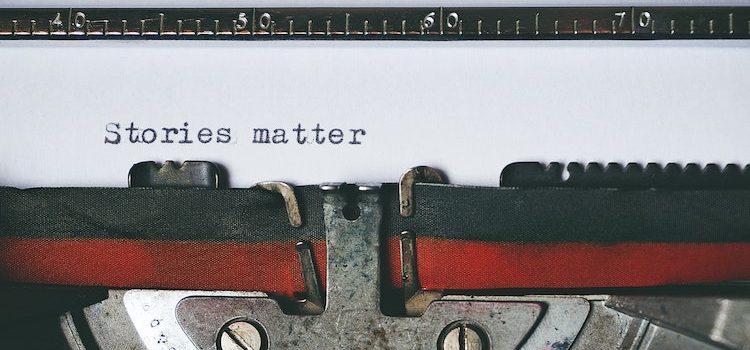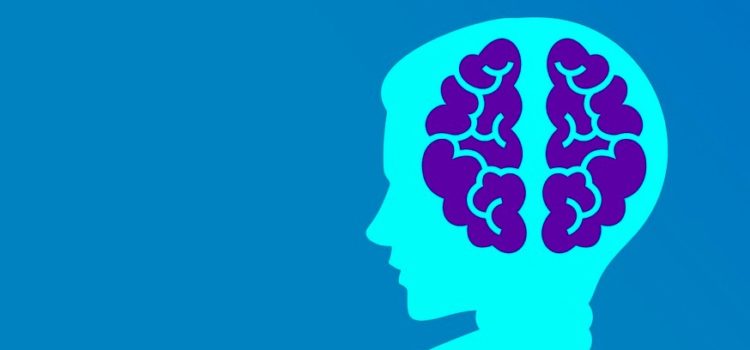What does it mean to lead courageously? Where is the fine line between courageous and reckless leadership? Leadership requires striking a balance between action and risk management. In other words, you must find a way to rush toward your goal as ruthlessly as possible while maintaining the presence of mind to guard against careless mistakes. To do so, you need to find the right amount of courage. Here’s how to embrace courageous leadership while erring on the side of caution.
How to Embrace Courageous Leadership










